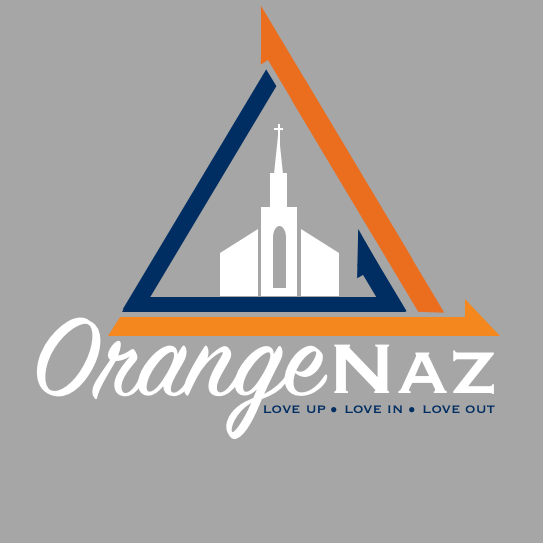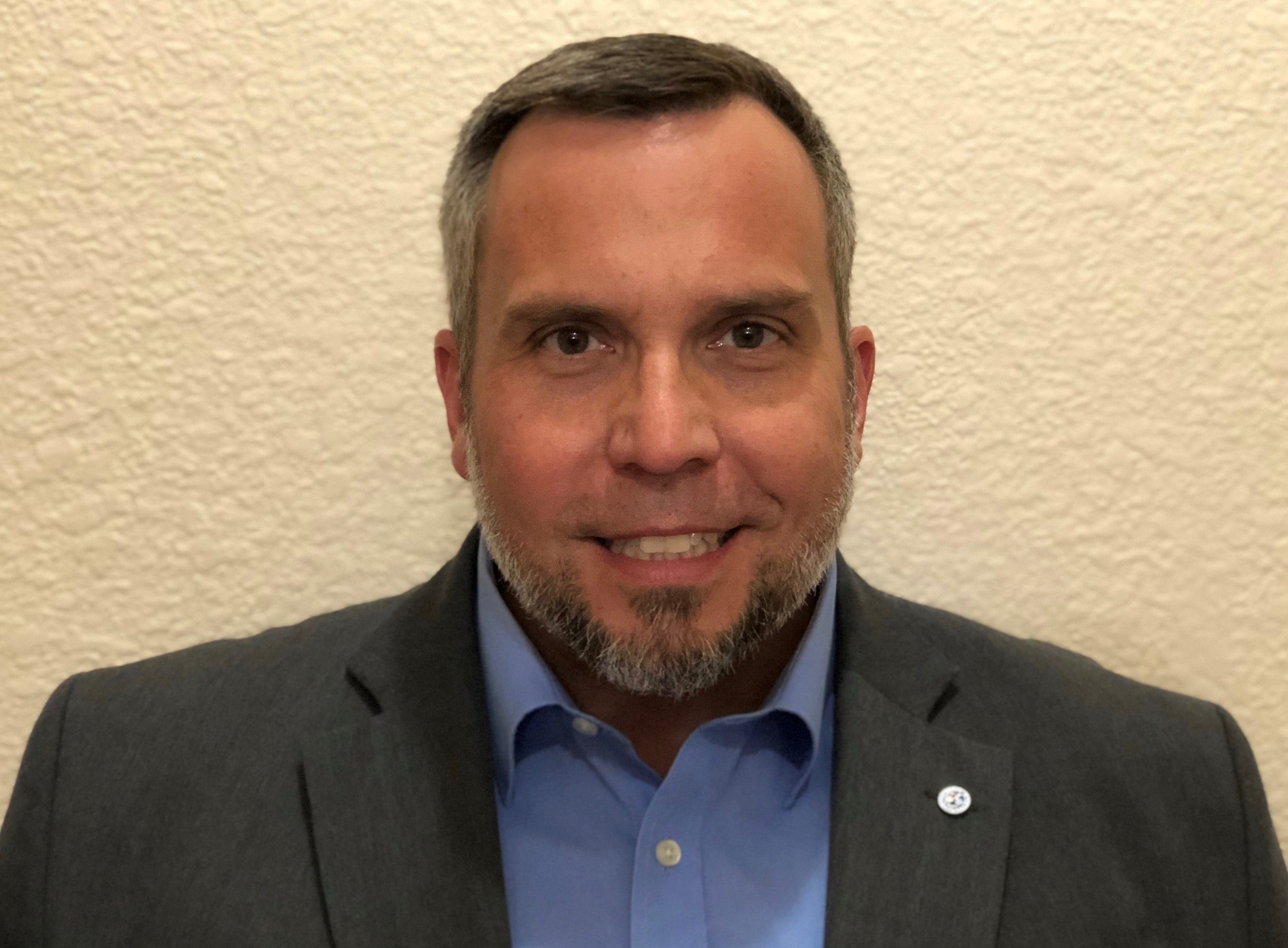FAITH: Recognizing our differences in unity
Published 1:05 am Saturday, June 19, 2021
|
Getting your Trinity Audio player ready...
|
My great-grandparents on my mother’s mother’s side last name was Pittenridge. They were Native Americans, citizens of the Chickasaw Nation of Oklahoma. My great-grandmother, Nellie, died when I was three years old. My great-grandfather, TJ, which was short for Thomas Jefferson, but he went by Bill, died when I was nine years old, which allow me to get to know him well before he passed. I have fond memories of spending time at his house and listening to stories about his life, farming, and being an Indian.
I still have a very clear picture of his face, demeanor, and voice. His skin was red like the Oklahoma soil and even in his latter days, he still had a dark and full head of hair. If you Google Chickasaw nation males, you will see the archetypical look of a Native American man, and you will see faces extremely like my great-grandfather. Of all the children on this side of the family, I was extremely lucky to have known him and spent a lot of time with him, and just recently have I realized the great blessing this truly was.
In my younger years, I did not realize or understand the specifics of the race or heritage I came from, but I was privileged to have the opportunity to experience my family’s native culture, specifically by being personally influenced by our Chickasaw Indian family. My grandmother, Bill and Nellie’s daughter, would take me, my sister, and cousins to tribal activities like different Pow-Wows where we watched the pageantry of the elders and young people alike demonstrating ancient traditions, singing ancient songs, and handing down a culture many died to preserve. We were blessed to eat the food of our culture, specifically a frybread centered dish called an Indian taco which was a staple in our home made by both my grandmother and mother.
My citizenship in the Chickasaw Nation has also provided for me during my life. College and seminary scholarships were always a tremendous benefit. Native tribes work hard to provide for their people, and most of my Chickasaw family depended on things like health care provided to us. I remember even as a teenager taking my grandmother to a dilapidated Indian health clinic where she had her blood pressure and sugar monitored and was able to get the medications she struggled to afford otherwise. Today however, the Chickasaw’s have a state-of-the-art hospital and health system available to citizens of the tribe. My grandmother and great-grandfather would be astounded at what is available today.
My great-grandfather was a proud man. He was proud to be an American, a Chickasaw, a husband, a father, a grandfather, and a farmer. He spoke often of how he was one of the first Indians in Grady County, Oklahoma to own his own land and own his own farm. How rare it was for an Indian to own land, even in the 50’s and 60’s in Oklahoma. They were not rich, but they were self-sufficient and took care of their own, and what they had was theirs. He also told stories of his family generations before him, who had been forcibly removed from their ancient lands in Mississippi and Tennessee and sent to Indian Territory, in what is now Oklahoma, on the famous “Trail of Tears!” Still, he was proud to be a Chickasaw and thankful to be an American.
It would be just a few years after his passing where I would take Oklahoma history in school and learn more in depth the atrocities forced upon the Five Civilized Tribes when they were forced from their homes by the American government and required to move to a land foreign to them under the guise of “treaties.” I asked many questions of my teacher and family about this reality, which in my young mind was so horribly wrong, awful, and deplorable. As a teenager, I knew this is not how people in power are to treat people with less power. Unfortunately, there are still many Native American families across the Southern Plains and western states who continue to live in the vicious cycle of poverty, substance abuse, and subjugation due to America’s treatment of indigenous people. There are though, many Native Americans like my great-grandfather and the family he produced who have found a way to live a life of freedom, self-reliance, and even prosperity.
So what’s the point of my family story and perspective here have to do with those reading this today?
When this column is published, it will be June 19, 2021. This day is commonly called Juneteenth and will this year for the first time be a recognized federal holiday. Even though this celebration has its origins in Galveston, many people still do not know the history and significance of this day in the ending of slavery in America. It was June 19, 1865 when the news of the end of the war and the true emancipation and freedom of all slaves was announced by a Union major general at Ashton Villa in Galveston. A year later, the newly freed slaves of Galveston celebrated, Jubilee Day, to mark the first anniversary of this historic and monumental event.
Unfortunately, this celebration has been marred by racism, bias, and politics, and even with the recognition as a federal holiday, many who do not understand the significance are quick to mock and disregard. Whether you are African American, Asian, Anglo, Native American, Alaskan, or Hawaiian, or Hispanic and Latino, we should all celebrate the freedom of a people group who were once considered property through the atrocities of human slavery. For our sisters and brothers who are African Americans in our community, may the significance of the creation of a federal holiday for Juneteenth not only give you joy for this recognition of freedom, but may it also give you hope for days to come when people truly are not judged or valued by the color of their skin, but valued and judged by the very fact God created them and the makeup of their life and the valuation of every human being.
I realize this topic is probably one some may feel I have no business addressing. Maybe this is true, but as a follow of Christ, it seems appropriate to stand for the freedom of all people and celebrate the possibility of this being true, “We hold these truths to be self-evident, that all men are created equal, that they are endowed by their Creator with certain unalienable Rights, that among these are Life, Liberty and the pursuit of Happiness.”
You are Valued and Loved! Pastor Brad
Rev. Brad McKenzie is Lead Pastor at Orange First Church of the Nazarene, 3810 Martin Luther King Jr. Drive in Orange.







